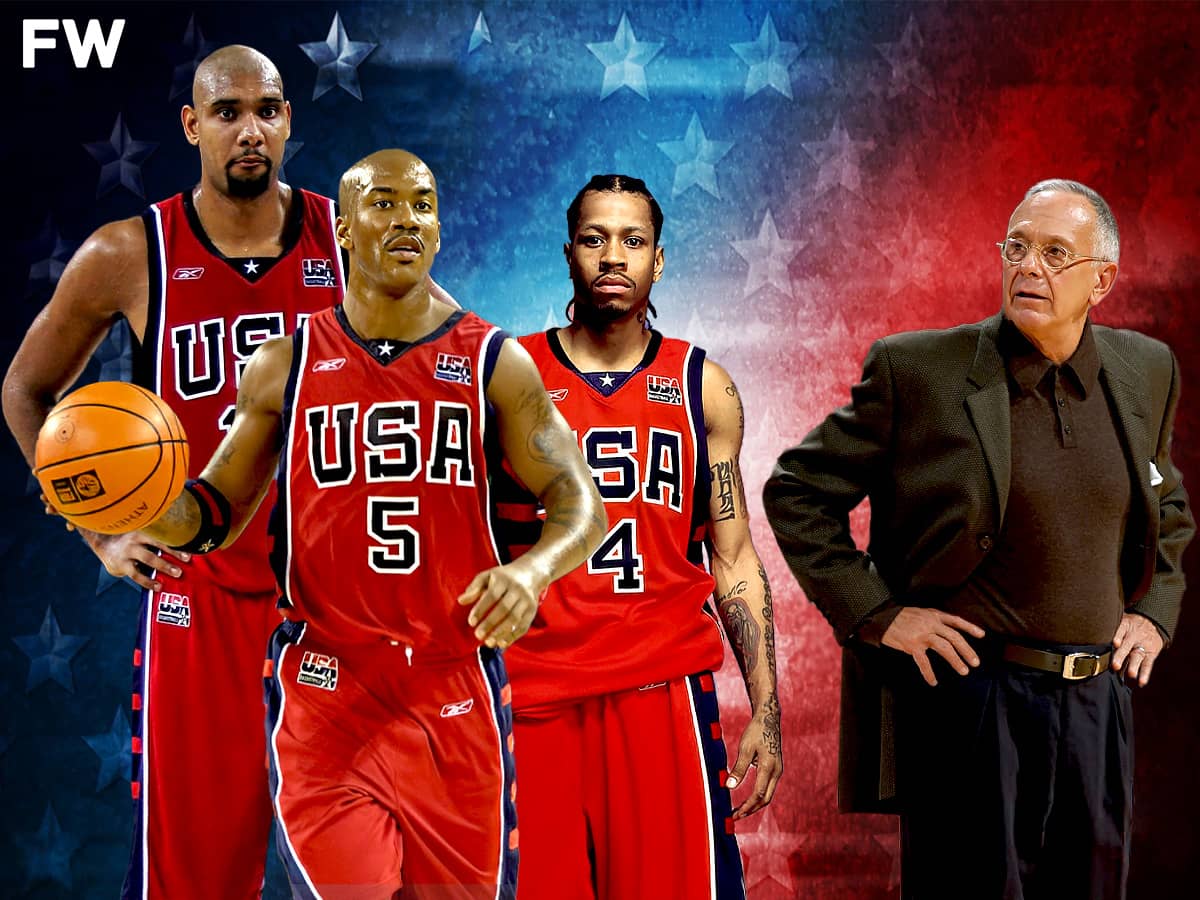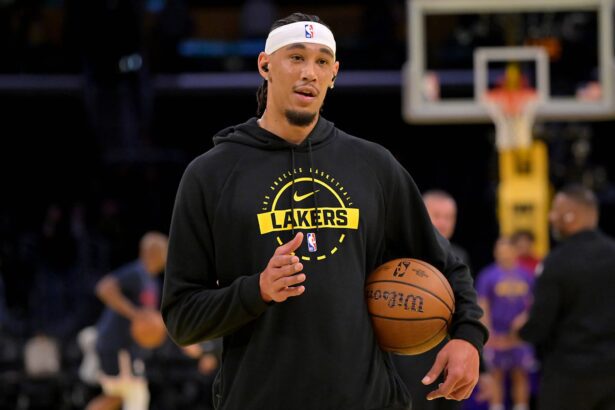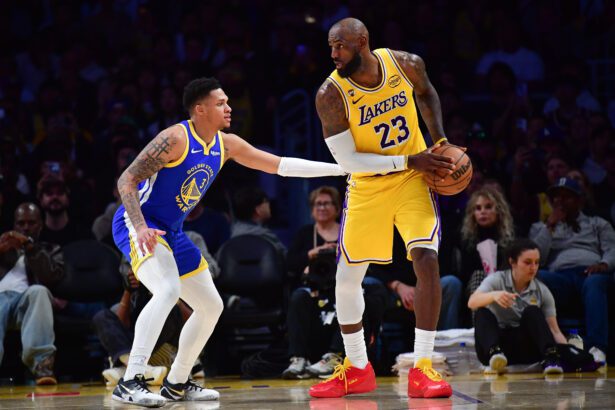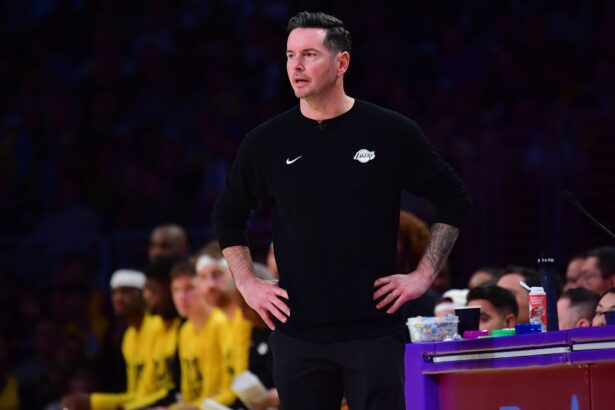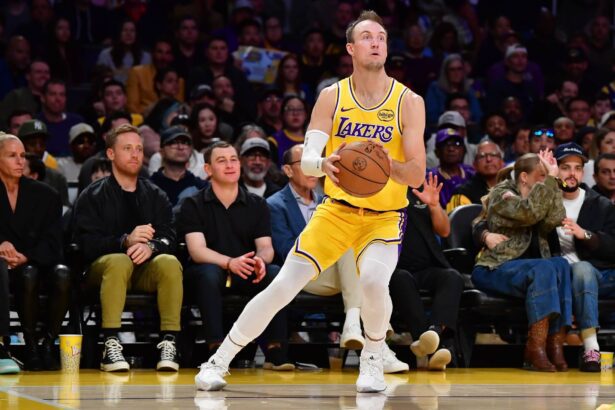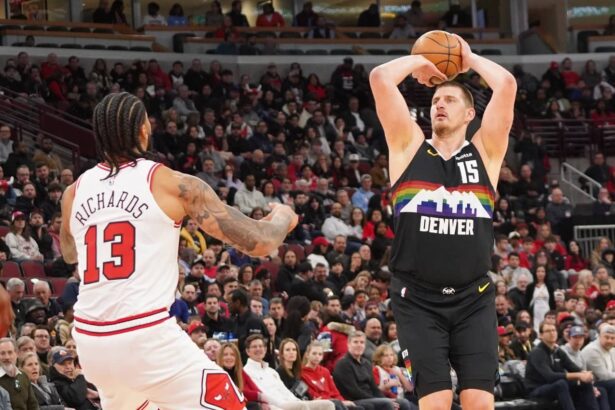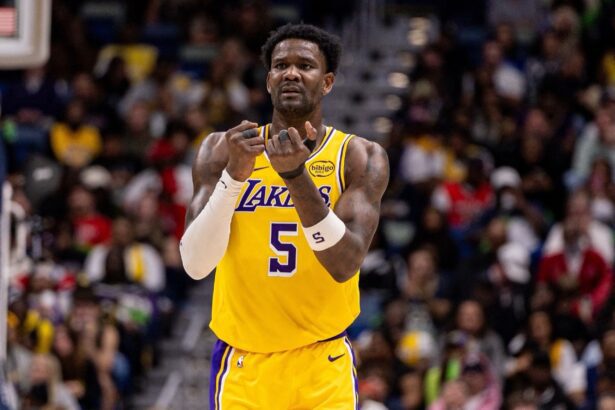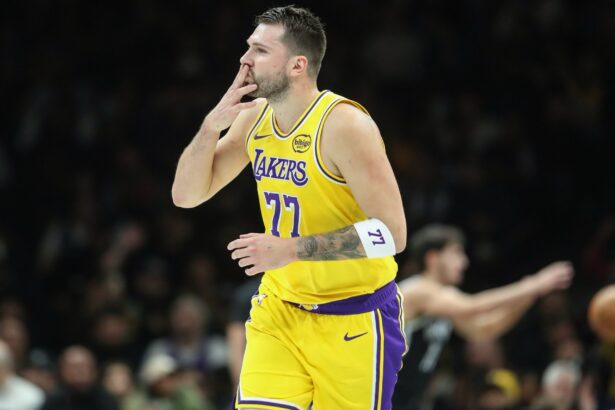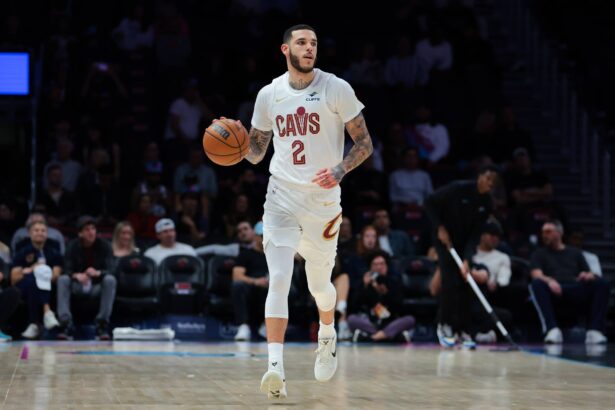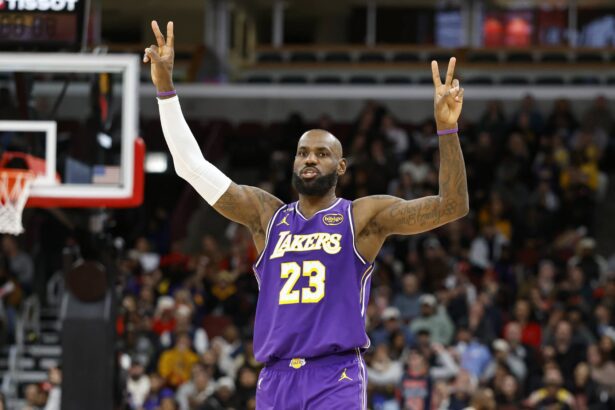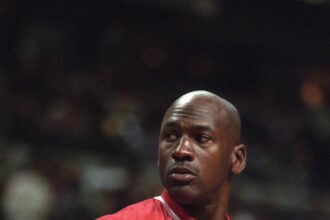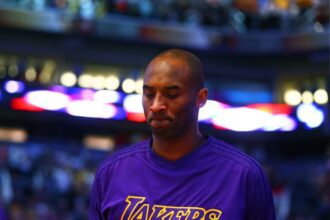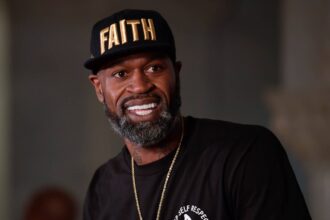Stephon Marbury’s recent comments about Larry Brown’s coaching during the 2004 Olympics offer a stark critique of what many consider a low point in Team USA basketball history. Marbury’s pointed remarks on the ‘MaXed Out’ podcast, shed light on the internal dysfunctions that plagued the squad and his perception of Brown’s coaching approach.
“The experience from the Olympics after going to the Olympics there I understand better from it, because when I went in 2004 it was the worst experience because you know during that time it was war going on you know the team was just thrown together.”
“We didn’t have any practice time really our practice time was the game and then we had somebody that you know, I don’t feel like was fit based upon the team you know that was put together during that time right, and being that we lost.”
“How we lost, I didn’t mind losing but I didn’t like losing the way, we were being coached. But I didn’t like losing the way we were being coached.”
“I felt like, during that time, it wasn’t about winning; it was about him trying to tell a bunch of black kids what to do. I didn’t like that. I didn’t like the way how he talked to us, the way how he felt that he could talk to us.”
According to Marbury, Brown’s communication methods alienated the players and failed to foster the unity required for success. He added that Brown’s approach was unsuitable for a team hastily assembled with limited preparation time.
The 2004 Olympic roster included NBA stars such as Tim Duncan, Allen Iverson, and rising talents like LeBron James, Dwyane Wade, and Carmelo Anthony. Despite their individual prowess, the team struggled to mesh on the court, largely due to insufficient practice and a lack of cohesion. Marbury emphasized that the players were “just thrown together,” highlighting the challenges of building chemistry in a short span.
External factors compounded the team’s difficulties. The U.S. was embroiled in the Iraq War, and the somber national mood, coupled with heightened security concerns, added pressure to an already tense environment. Many NBA superstars, including Shaquille O’Neal and Kobe Bryant, opted out of participating, leaving Team USA without its full arsenal of talent.
Marbury’s dissatisfaction extended beyond tactical issues. He criticized Brown’s manner of speaking to the team, describing it as disrespectful and counterproductive. These internal tensions reflected deeper cultural and generational divides that plagued the 2004 USA Basketball team, ultimately hindering their performance on the world stage.
The team suffered a disappointing loss to Argentina in the semifinals, falling 81-89, a game that highlighted their struggles to find cohesion. However, they displayed resilience by bouncing back to defeat Lithuania 104-96 in the Bronze Medal game, salvaging some pride from an otherwise turbulent campaign.
Despite his frustrations, Marbury delivered solid individual performances, averaging 10.5 points and 3.4 assists during the tournament. However, he described the experience as the “worst” of his career, a sentiment shared by many fans and analysts who expected the team to dominate.
In hindsight, Marbury has found some closure. He attended the 2024 Olympics, witnessing Team USA’s gold medal triumph against France 98-87, led by Stephen Curry’s remarkable performance. Reflecting on the evolution of the program, Marbury acknowledged that the 2004 debacle served as a wake-up call for USA Basketball, leading to the creation of a more structured and committed approach to international competition.
The 2004 Olympics were a turning point for Team USA, exposing vulnerabilities in its preparation and strategy. Marbury’s critique of Larry Brown highlights the importance of leadership and communication in team success. While the loss was a significant disappointment, it ultimately spurred reforms that have restored Team USA’s dominance on the global stage. For Marbury, the lessons of Athens remain a poignant reminder of what could have been.
Thank you for being a valued reader of Fadeaway World. If you liked this article, please consider following us on Google News. We really appreciate your support.

